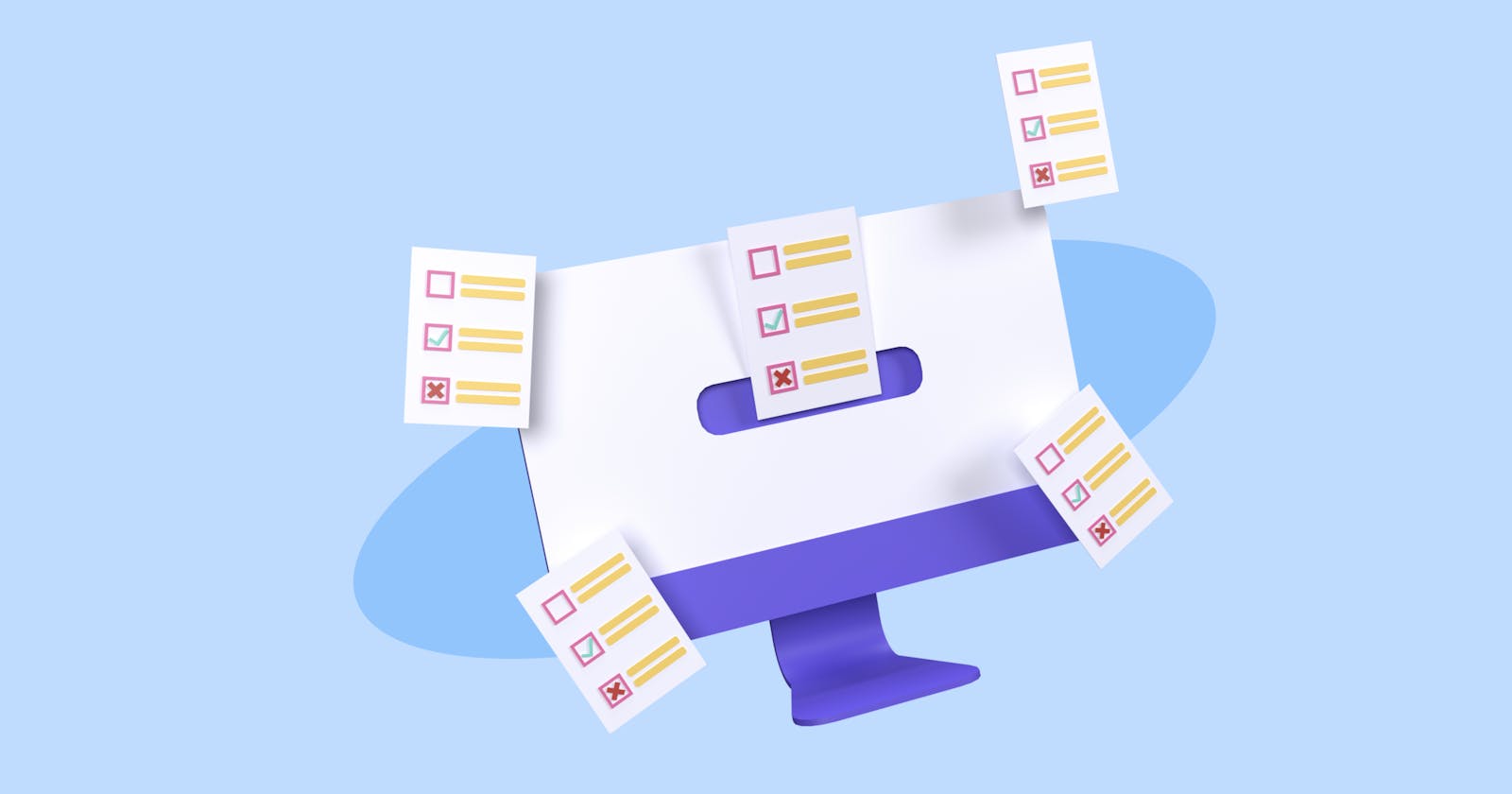On January 6 2021, supporters of former US President Donald J. Trump invaded the Capitol and held lawmakers hostage for hours.
Their goal: to disrupt the confirmation of the November 2020 Presidential elections.
While this behavior can be traced to unverified claims of election fraud spread online, the event represented something more fundamental: dwindling trust in the ability of governments to conduct free and fair elections.
Put simply, citizens don't think the current centralized system of voting can assure the credible election of candidates.
As a system built on citizen participation, democracy may be destroyed if individuals refuse to vote because they don't trust the election process.
The blockchain is a distributed, unalterable, and public ledger of transactions. Blockchain technology promotes anonymity, security, and immutability of data transactions.
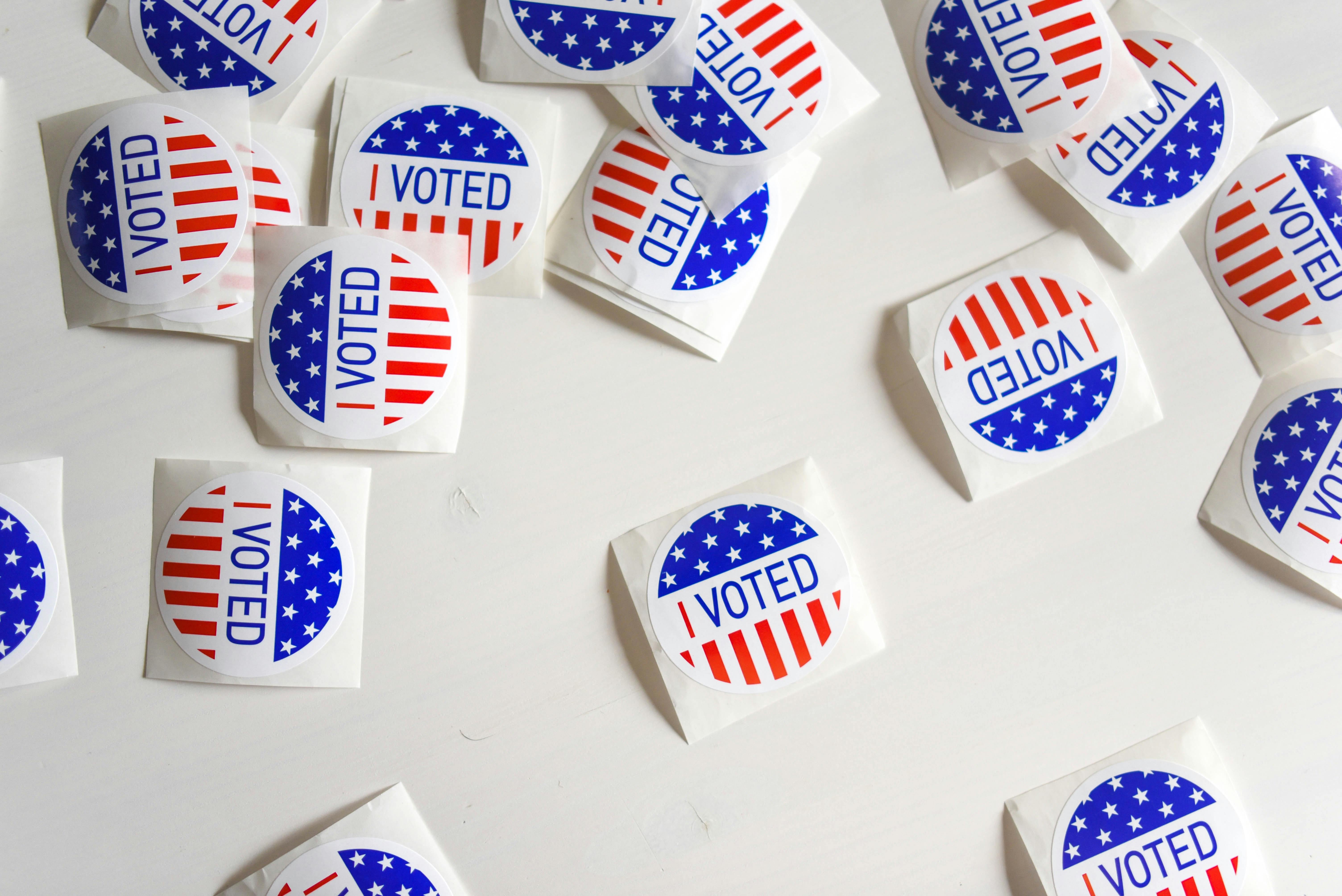
Can the qualities of blockchain technology be adapted to modern-day voting systems to improve election integrity? Many people certainly think this is possible.
This article will cover the basics of blockchain technology and its applications to voting systems. We'll also look at the merits of blockchain voting and explore the challenges of voting on the blockchain.
How Does Blockchain Work?
To understand the appeal of blockchain voting systems, it's important to know how the technology itself works. Here's a basic ELI5 description of blockchain technology:
The blockchain is a record of transactions stored on a distributed network of computers called nodes. Every node on the blockchain can add transactions or query newly added transactions on the chain.

Before transactions are added to the blockchain, a subset of nodes (called miners) must solve cryptographic puzzles to win the right to validate transactions. Afterward, transactions are bundled into "blocks" and added to the ledger.
Blocks have unique fingerprints called "hashes." The hash value for each block is linked to its transaction data, so any attempt to alter block data will alter the hash as well.
Also, every block's hash is generated based on the hash of the previous block. This makes it impossible to change a block's hash without changing the hash of the previous block. Thus, we can understand how the blockchain protects the integrity of on-chain data.
Transactions on a blockchain are irreversible and data cannot be erased or deleted. In the context of an election, this means votes cannot be deleted as is possible with current electronic voting machines (EVMs).
Moreover, blockchain transactions are anonymous and highly secure. Each user has a wallet that they can use to store tokens, cryptocurrencies, and other forms of digital data.
Using asymmetric cryptography, the blockchain creates a pair of keys for each user.
The first, called a public key, is used to generate a public address for each participant on the network (think of it as a personal ID badge). Meanwhile, the second key (private key) is used to "sign" transactions. This key is kept secure and cannot be shared with others.
Public addresses on the blockchain are like IP addresses: no one can know who owns them. This allows people to transact without fear of exposure. For voters, it provides maximum anonymity and privacy in an election.
The use of private keys to generate digital signatures preserves the integrity of on-chain transactions. Since each holder holds their private keys, we can be sure that no one else conducted the transaction by proxy. This can help reduce problems of voter verification during elections.
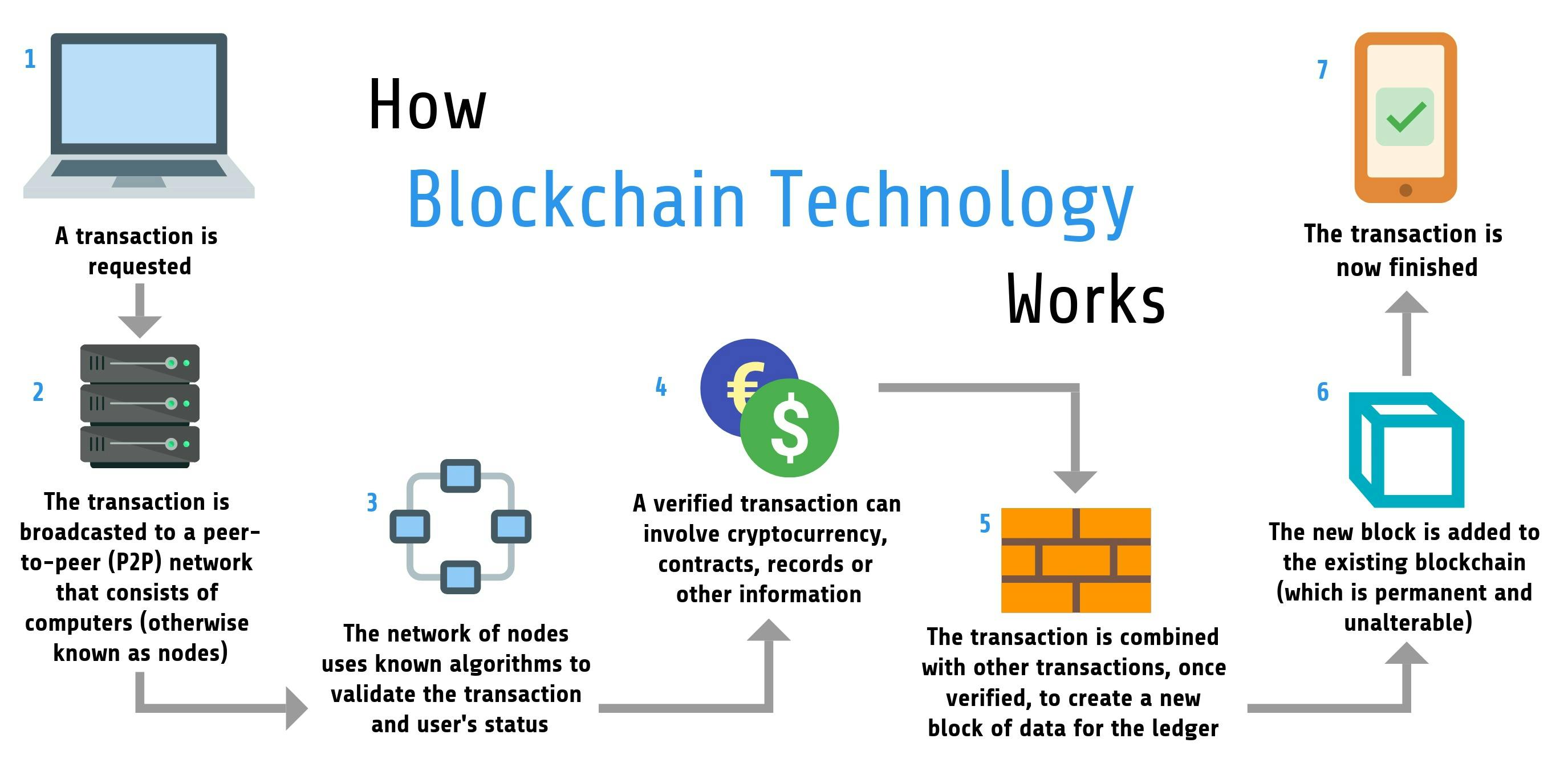
How blockchain transactions work
Image source: Quora
What is Blockchain Voting?
Blockchain voting is an application of blockchain technology to improve election processes. A blockchain voting system typically has some or all of the following features:
Decentralization: The blockchain is stored on a peer-to-peer system of computers scattered across different locations, not a central server. A blockchain voting system is more resistant to malicious attacks than regular systems. Hackers would need to breach every computer connected to the system to take over the network, which is theoretically impossible.
Anonymity: Transactions conducted on the blockchain are linked to each participant's public address (a randomly generated alphanumeric string) instead of their real names. Using the blockchain for voting means voters can vote without anyone seeing how and who they voted.
Data immutability: Blockchain-enabled electronic voting systems employ cryptographic protocols to encrypt data and protect it from tampering. Votes on a blockchain cannot be altered or erased to favor a particular candidate.
Transparency: What happens on the blockchain is visible to all participants. Each node holds a copy of the blockchain database and can see—and reject—any unapproved changes to the chain. Thus, voters can follow the election process in real-time and check for irregularities.
Blockchain voting systems are an improvement on existing electronic voting machine (EVM) technology. While e-voting has shown promise, many countries have discontinued their use for fears of security vulnerabilities.
With the application of blockchain technology, e-voting could become more secure and resistant to manipulation. Already, there are many real-life examples of blockchain-enabled electronic voting in action.
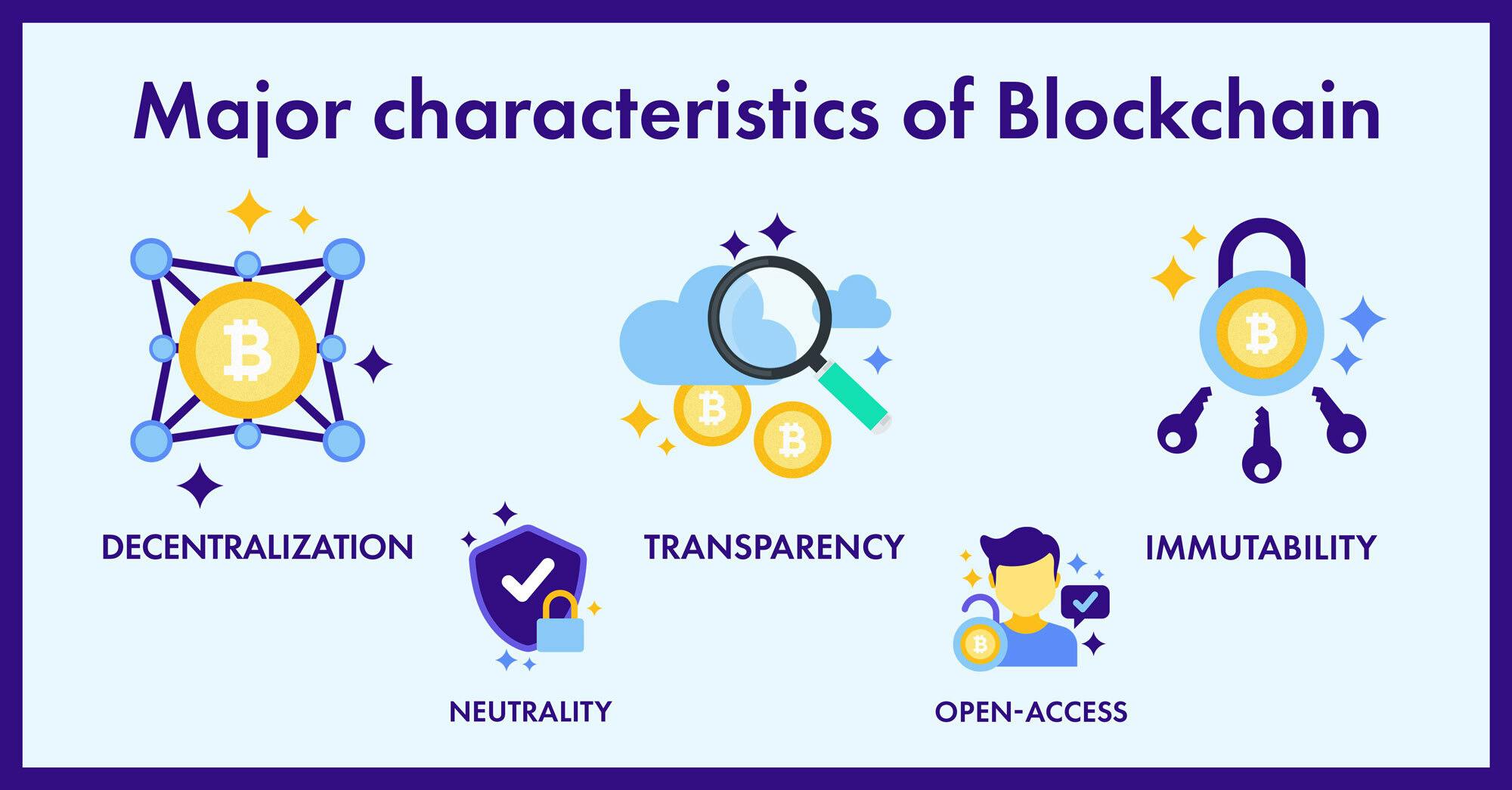
The features of blockchain technology can help improve election integrity
Image source: Coingate.com
Follomyvote is one of the many startups building blockchain-powered systems to aid electronic voting. The system works like any other e-voting system, but with the added advantage of blockchain technology.
Voters download the e-voting application and submit identification (typically a government-issued ID and public key address). Once verified, users receive an ID key for voting in the election. They can connect to the system with any device, making it convenient to vote from any location.
After users vote, they can confirm if their vote was cast as intended. Moreover, participants can monitor ballots in each box and ensure the numbers tally with reported results.
Blockchain voting also works for electing non-political leaders, especially in business. Businesses are key to the development and economic survival of a society, so getting the right people to lead these organizations is crucial.
Horizon State uses a blockchain-powered system to run elections for unions, corporations, businesses, political parties, and even governments. Each voter receives a Decision Token ($HST), which they can use to vote on various issues.
The system uses an encrypted digital ballot box, which allows users to vote from a PC or mobile device—no need to attend a drawn-out physical voting session. Not only do businesses save money on organizing expensive elections, but this novel arrangement promises faster, more convenient, and secure voting.
The Horizon State blockchain voting system can attach extra "weight", i.e., voting power to certain voters. For example, directors in a company may have more voting power than ordinary employees. This feature makes it easier for enterprises to adopt blockchain-based voting to vote on internal matters or elect key members of staff.
The aforementioned are some examples of how a blockchain-based voting system might work in practice. Although these experiments are limited in nature, they provide some proof of blockchain's usefulness for voting.
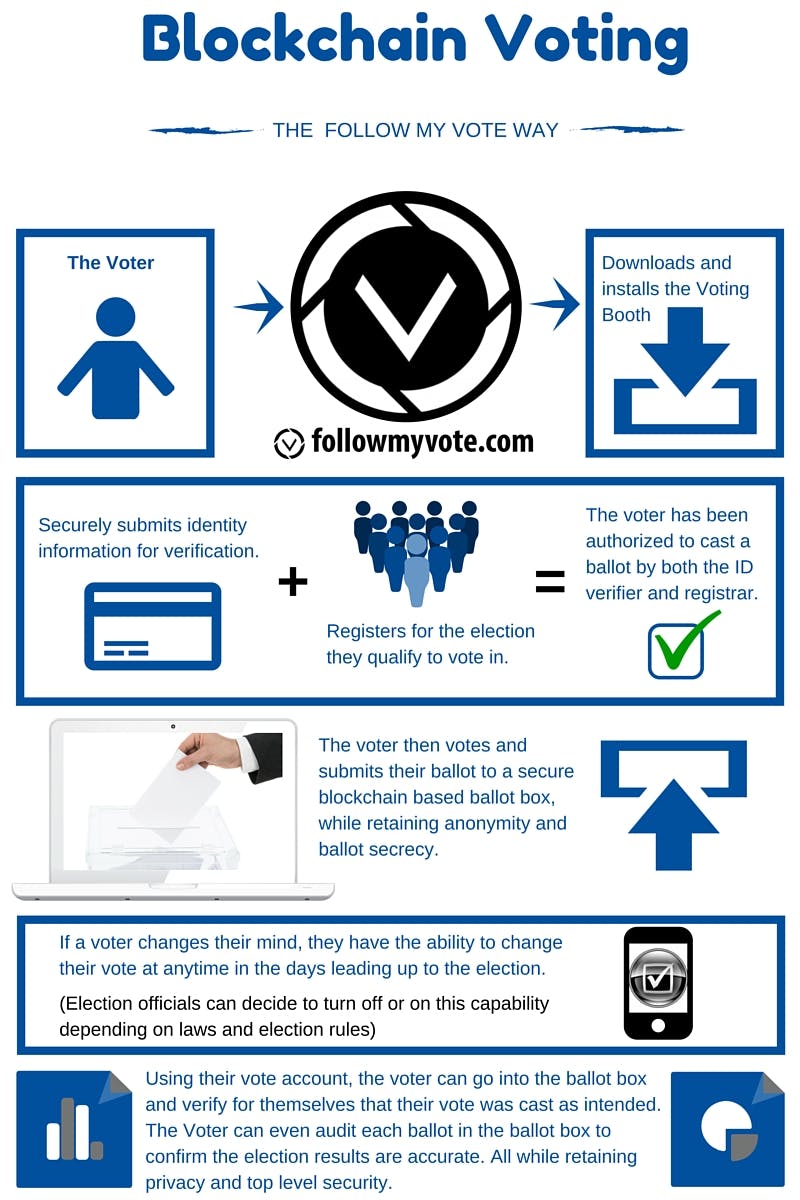 An example of a blockchain voting system
An example of a blockchain voting system
Image source: Followmyvote.com
The Case for Blockchain Voting Systems
Blockchain voting can potentially strengthen world democracies by increasing citizen trust in the electoral process. Here are some reasons why blockchain-based voting systems are worth considering:
Faster Results
Since the early Greeks voted with stones, not much has changed concerning how voters select leaders:
People visit the nearest polling center and wait in line for their turn to vote. They go to the private booths and choose a preferred candidate before dropping the voting slip into the ballot box.
Typically, votes are counted and tallied by election officials in the presence of bipartisan observers to prevent fraud or illicit activities. While this process has worked for years, there's no denying that it is slow, cumbersome, and unfit for the 21st century where people want results now.
Voting on the blockchain can cut the time it takes to tally ballots and declare results. We all know how long wait times for election results stoked rumors of widespread irregularities during the 2020 US elections. Blockchain voting can make elections faster and assure everyone of near-instant results.
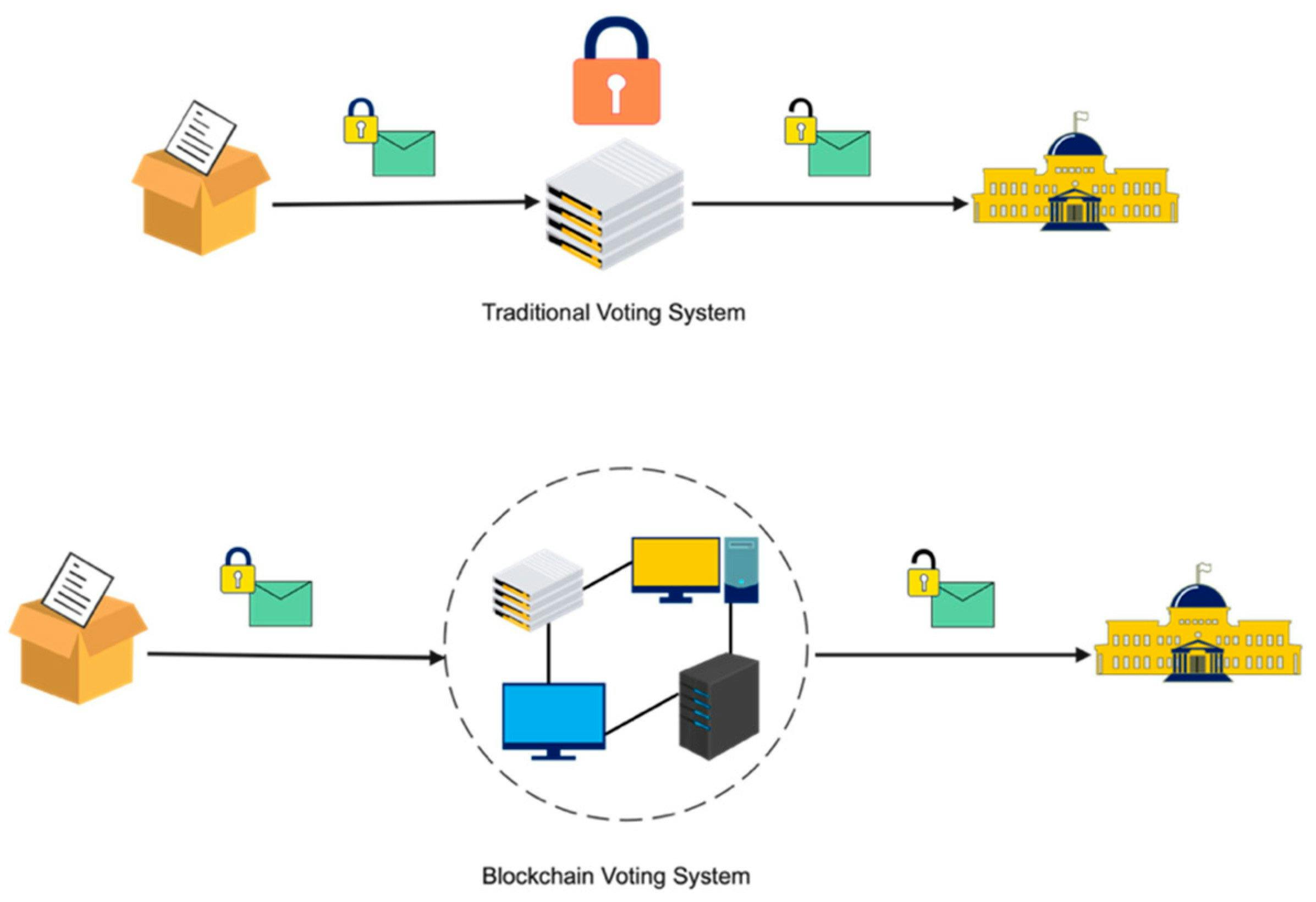
A comparison of traditional and blockchain voting systems
Image source: Multidisciplinary Digital Publishing Institute
Resistance to External Manipulation
As Russia's purported involvement in the 2016 US election shows, foreign manipulation of elections is a real threat to national democracies. The threat is even greater with electronic voting systems that can be hacked by malicious actors—which is why many countries fear using e-voting.
But blockchain may just be the thing we need to protect online elections from external manipulation. Because blockchain is decentralized and lacks a single point of failure, hackers will find it difficult to compromise the system.
Now, malicious actors need to take over dozens or possibly thousands of computers to access voting registries or electronic ballots. Even a permissioned blockchain with lesser nodes is still resistant to attacks compared to a centralized system running on a single server.
Voter Protection
For the first 50 years of the world's first modern democracy (in the US), individuals cast their votes by publicly signaling their preferred candidate. Of course, this arrangement was unfeasible since it exposed voters and increased the risk of suppression and coercion.
Modern electioneering has somewhat improved voter protection. But there's still room for improvement, especially in developing countries where elections are rife with reports of violence and intimidation against voters.
The combination of blockchain and voting could be the ultimate solution for protecting voters during elections. Since blockchain-based transactions are mostly anonymous, people can vote online without anyone privy to their choice of candidate(s).
Greater Election Transparency
Perhaps the greatest appeal of using blockchain for voting is the transparency it bestows on the electoral process. For the first time, everyone can independently verify the accuracy of results without having to trust any central body.
This "trust-less" nature of blockchain voting is crucial to improving the transparency of elections and increasing public confidence in our political systems. While not every election can use a public blockchain, permissioned systems (where validators must be selected) can still provide the necessary openness.
For instance, independent, non-partisan individuals can be selected to validate votes cast on the blockchain. These individuals have little reason to collude and can make sure elections are free, fair, and credible.
Challenges of Using Blockchain for Voting
Like every other technology, blockchain has flaws, which may affect its usefulness for voting. The following are some of the challenges facing blockchain voting systems:
Potential Disenfranchisement
In some areas of the world, access to the internet is limited. Since voters need to go online to use blockchain-enabled e-voting applications, they may be unable to participate in elections.
Low Education
Blockchain is a niche technology, so public knowledge of its uses is limited. To use blockchain for voting, users need proper education to avoid issues before they can use blockchain voting systems. For example, people may need to learn how to safeguard private keys to prevent identity theft.
Poor Transaction Speed
One of the biggest criticisms of blockchains is poor scalability. Scalability refers to a network's ability to process a large number of transactions without suffering a drop in functionality or user experience.
Many popular blockchain platforms, like Bitcoin and Ethereum, can process around a dozen transactions per second. Such low throughput would affect their usefulness in an election, where hundreds, if not thousands, of voters need to cast their votes at the same time.
We must note, though, the scalability of blockchain platforms is being improved through different methods. For example, permissioned blockchain systems use a lower number of validating nodes to improve transaction speed.
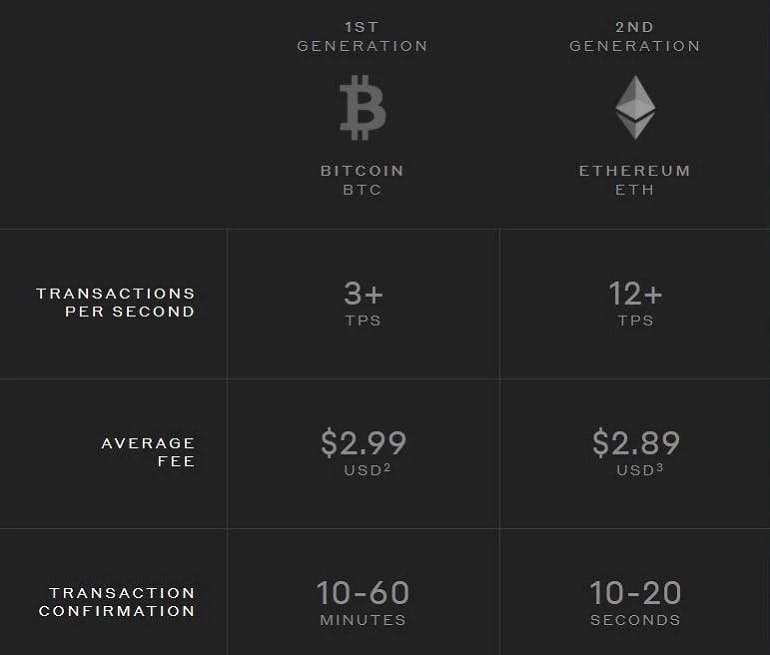
Poor transaction speeds may limit the effectiveness of blockchain voting.
Image source: Tezro.com
Blockchain Voting: Existing and Upcoming Projects
Some consider blockchain voting a myth, but the existence of real-life uses of the technology debunks this theory. Here are some popular blockchain voting projects from around the world:
USA
In 2018, the State of West Virginia piloted a blockchain-based voting application that allowed soldiers overseas to cast absentee ballots. Voters could download the voting app, developed by mobile elections platform Voatz, receive, vote, and return their ballots electronically.
The West Virginia blockchain voting experiment is among the most successful demonstrations of the technology to date. Beyond anything, it shows how blockchain technology can help citizens disenfranchised under the current balloting system.
Russia
Russia is another country to test the capabilities of blockchain technology for enhancing balloting. In 2020, the IT Department of Moscow piloted the country's first blockchain-secured remote voting system.
Using their mobile devices, voters in the Moscow and Nizhniy Novgorod regions could cast votes in the nationwide amendments to the Constitution of the Russian Federation. The pilot was executed on the Exonum blockchain and employed several features, including an anonymizer and mixer to protect the secrecy of votes and anonymity of voters.
India
Last year, India was one of the first developing nations to experiment with blockchain technology for secure e-voting procedures. The exercise was held in the Telangana region and saw users vote on the blockchain using an e-voting application commissioned by the Telangana State Election Commission (TSEC).
India's experiment with blockchain voting comes after Sierra Leone conducted a dry run for blockchain-enabled voting in 2021. With the high rate of voter fraud in developing countries, the combination of blockchain and voting may be an effective tactic to ensure the sanctity of elections.
Bottom Line
As widespread cases of voter fraud in the US, UK, and many of the world's oldest democracies dominate headlines, the need for a trust-less and secure voting mechanism has never been greater. Blockchain technology can correct several flaws in the current system and engender greater confidence in the system.
Blockchain voting may well revolutionize modern politics and lead to a fairer political system. Already, we can see the results of successful pilot tests in different countries.
It's only a matter of time before voting on the blockchain is the rule, not the exception

